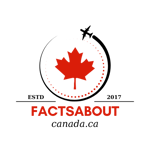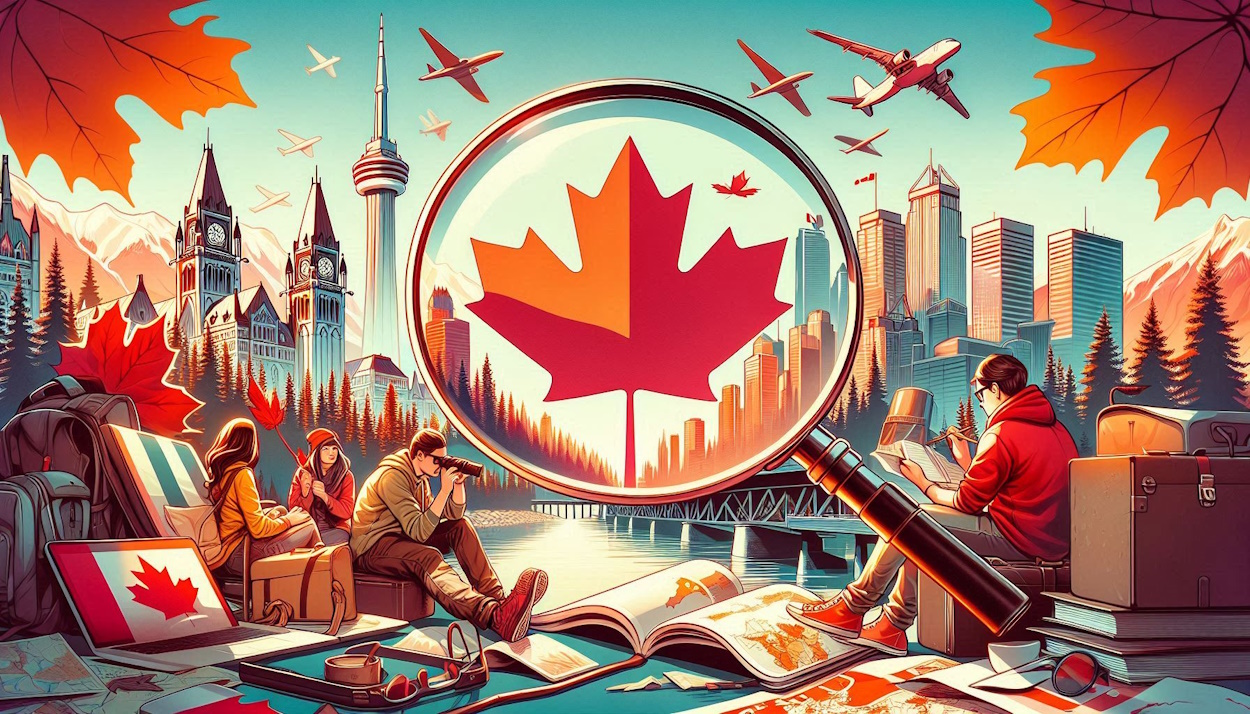Canada, known for its breathtaking landscapes, friendly people, thriving multiculturalism, and the iconic maple leaf, is a country full of wonder and opportunity. From the rugged beauty of the Rocky Mountains to the charming cobblestone streets of Quebec City, Canada offers a unique blend of natural splendor and urban sophistication.
This comprehensive guide will delve into Canada’s rich history, diverse geography, vibrant culture, political system, and its position on the world stage.
Get ready to discover why Canada consistently ranks among the world’s best places to live.
History: A Tapestry of Indigenous Heritage, Colonization, and Nation-Building
- First Peoples: For thousands of years before European arrival, Canada was home to diverse and thriving Indigenous groups, including the First Nations, Inuit, and Métis. Their cultures, traditions, and knowledge shaped the land.
- European Exploration and Colonization: French and British explorers arrived in the 16th and 17th centuries, leading to colonial rule. This period saw conflicts, displacement of Indigenous peoples, but also economic development and the growth of new settlements.
- Confederation and Growth: In 1867, the colonies of Ontario, Quebec, New Brunswick, and Nova Scotia united as the Dominion of Canada, marking the nation’s birth. Significant events like the building of the transcontinental railroad spurred expansion and immigration.
- World Wars and Modernization: Canada played key roles in both World War I and World War II, contributing to Allied victory. The era following WWII saw rapid social and economic change, leading to the Canada we know today.
Geography: A Land of Contrasts
- Vastness: Canada is the world’s second-largest country with ten provinces and three territories. It boasts a range of landscapes and climatic zones.
- Natural Wonders: From the towering peaks of the Rocky Mountains to the vast prairies, the Great Lakes, and the rugged coastlines of the Atlantic and Pacific, Canada’s natural beauty is awe-inspiring.
- Climatic Diversity: Enjoy hot summers in the south and frigid Arctic winters in the north. Coastal regions experience milder conditions due to oceanic influence.
- Resource Abundance: Canada possesses rich natural resources, including forests, minerals, freshwater, and energy sources.
- Urban Centers: Most Canadians live in urban areas like Toronto, Montreal, Vancouver, Calgary, and the national capital, Ottawa.
Culture: A Mosaic of Traditions
- Multiculturalism: Canada embraces diversity, with immigrant communities from all over the world contributing to its vibrant cultural fabric.
- Official Languages: English and French are Canada’s official languages, reflecting the country’s bilingual heritage.
- Arts and Literature: Home to renowned authors like Margaret Atwood and Alice Munro, as well as globally celebrated musicians like Leonard Cohen and Celine Dion, Canada has a thriving artistic scene.
- Sports and Recreation: Ice hockey is Canada’s national sport, but passions also include basketball, soccer, and outdoor activities like hiking, camping, and skiing.
- Indigenous Legacy: Recognizing and honoring the cultures and contributions of Indigenous peoples is a crucial part of understanding modern Canada.
Government and Politics: A Parliamentary Democracy
- Constitutional Monarchy: Canada is a constitutional monarchy, with Charles III as the head of state. The Governor General represents the monarch in Canada.
- Parliamentary System: The federal government is a parliamentary democracy with three branches: the legislature (Parliament), the executive (Prime Minister and Cabinet), and the judiciary (courts).
- Federalism: Power is shared between the federal government and the provinces and territories, giving each jurisdiction over certain areas.
- Political Parties: Major political parties include the Liberal Party, the Conservative Party, and the New Democratic Party.
Canada on the World Stage
- International Relations: Canada is known for its peacekeeping efforts, multilateralism, and commitment to diplomacy and human rights. It maintains strong relationships with the United States, Europe, and many other nations.
- Global Organizations: Canada is an active member of organizations like the United Nations, NATO, G7, and the Commonwealth.
- Trade and Economy: Canada has a diversified economy and is a major trading partner with the US and other countries around the world.
- Environmental Stewardship: Canada recognizes the importance of environmental protection and combating climate change.
Conclusion
Canada is a land of boundless potential, rich history, and breathtaking beauty. From its multicultural cities, including its capital Ottawa and economic powerhouse Toronto, to its stunning natural landscapes, Canada offers something for everyone. Whether you’re interested in its history, its present-day society, or the possibilities it holds for the future, Canada is a nation well worth exploring.
Discover More Facts About Canada Here.


